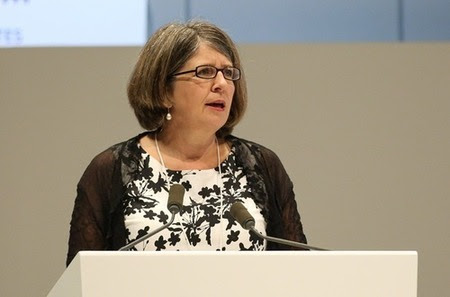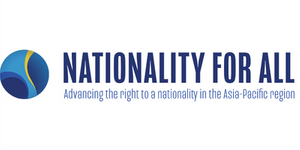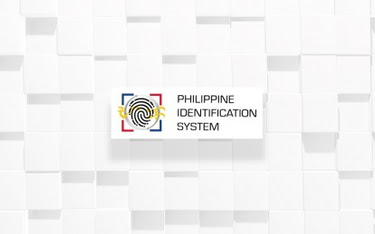(Newsletter: CRVS Insight June 2021)
Each month, our community newsletter puts a spotlight on one person from Asia-Pacific who has gone above and beyond in their efforts to support CRVS programmes, raise awareness of CRVS issues or lead CRVS improvement efforts in their home country. This month we are happy to highlight Ms. Gemma Van Halderen from UN ESCAP.
What is your current title and role?
Director of the Statistics Division at the United Nations Economic and Social Commission for Asia and the Pacific.
Can you please share with us a particular experience which highlighted the importance of CRVS to you?
This year I was touched by a news story from Afghanistan about women risking their lives to claim their identities and be recognised on the birth certificates of their children. The news touched me greatly and I shared it with the wider statistics profession through the International Statistical Institute's series, "Bringing joy to people’s lives – Statisticians React to the News". Here was a story about the importance of Civil Registration, a story which illustrates the importance of Civil Registration and Vital Statistics systems to people and human rights, and a new insight into what well-functioning systems can mean.
How would you like to see CRVS in the ESCAP region develop by the end of the CRVS Decade?
By the end of the CRVS Decade in 2024, I would like to see the vision articulated by governments fully achieved. UN ESCAP is a proud member of the UN Development System and our success is only ascertained if countries are successful in realising their ambitions and meeting their goals. I would like to see governments complete the decade with a big green tick against every goal and target they set for themselves under the Regional Action Framework for CRVS. If there is unfinished business for the countries, then the Secretariat has not done our best to support countries in doing their best.
Which advice would you give to others trying to improve CRVS systems?
My advice is to aim high, leverage regional cooperation mechanisms such as UN ESCAP, and ensure country-led ownership of the improvement aims. The Asia-Pacific CRVS Decade (2015-2024) set an ambitious agenda of universal registration in one of the most diverse regions of the world, yet we are witnessing transformational outcomes in birth and death registration, identity management, the adoption of innovative ICT tools to reach marginalized communities and regional collaboration. In addition, regional cooperation mechanisms such as resolutions, steering committees and reporting have been critical to identifying and agreeing on ambitions, transparent monitoring of progress, and celebrating shared successes.












